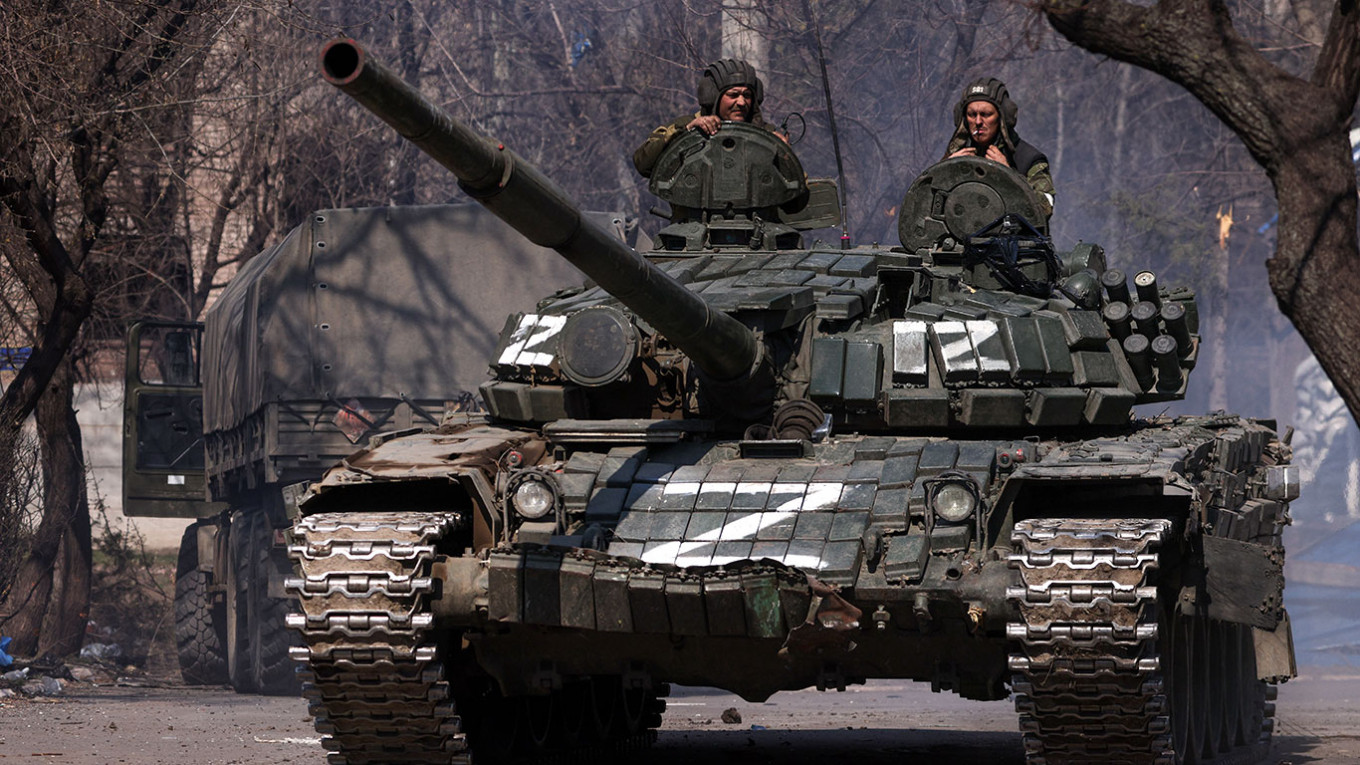- Joined
- Apr 18, 2013
- Messages
- 94,281
- Reaction score
- 82,665
- Location
- Barsoom
- Gender
- Male
- Political Leaning
- Independent

‘Private Pivovarov is on Assignment’: How Russia Hides its Military Casualties - The Moscow Times
Relatives seeking information about the men who don’t return from Ukraine may never get an answer.

4.6.22
The parents of serviceman Stanislav “Stas” Pivovarov had been trying for almost two weeks to find their 21-year-old son, who was sent to Ukraine in February. In late March, the soldier's mother, Tatyana Pivovarova, finally saw her son — as a prisoner of war in a video published by a Ukrainian Telegram channel. She wrote to the military unit in Ingushetia, where her son served, and requested official information on his whereabouts. She received the reply: “Private Pivovarov is on assignment." "He wasn’t in the lists of prisoners of war, but we found out that Stas was in a hospital in Dnipropetrovsk (Dnipro) with a serious leg wound. We don’t know anything more, not even if he is alive now," Pivovarova told The Moscow Times. “The Defense Ministry wrote that my son is on a mission, and that the video of him in the hospital is a fake. But how could I not recognize my son? It was him.” Russian Human Rights Commissioner Tatyana Moskalkova has received about 400 letters from relatives of servicemen sent to Ukraine who have stopped contacting their families. Estimates and statistics on the number of Russian servicemen killed, wounded or missing in Ukraine vary widely.
In an interview with independent Russian journalists in late March, Ukrainian President Vladimir Zelensky said that Russia’s Defense Ministry had been refusing to take away the bodies of Russian soldiers. "We don't want to keep the corpses,” Zelensky said. “At first they refused, then they offered to send some body bags. Even when a dog or a cat dies, you treat them better.” Bodies must be identified in order for soldiers to be declared as killed in action. “Witness statements or body parts are not sufficient,” said Anton Scherbak, a lawyer for human rights organization Soldiers' Mothers of St. Petersburg. “If a body can’t be identified, they do DNA testing.” But soldiers who have not yet been identified as deceased do not automatically fall into the category of missing. Bodies not returned to Russia, unidentifiable or buried in Ukraine are also not included in the list of those who were killed in action, lawyer Anastasia Burakova told The Moscow Times. These men, she said, “have no legal status and are listed neither among the dead, nor among the living.” After a year of no contact, soldiers’ relatives can apply to a court to have a serviceman declared missing in action. Families who do choose to wait for their relatives to be formally identified, however, can face a wait spanning decades.
Putin has promised the immediate relatives of Russian soldiers killed in action a death stipend of 7.4 million rubles (approx. $90,000). However, the true KIA numbers are considered a state secret and not disclosed.
And take Putin's stipend promise with a truckload of salt.
